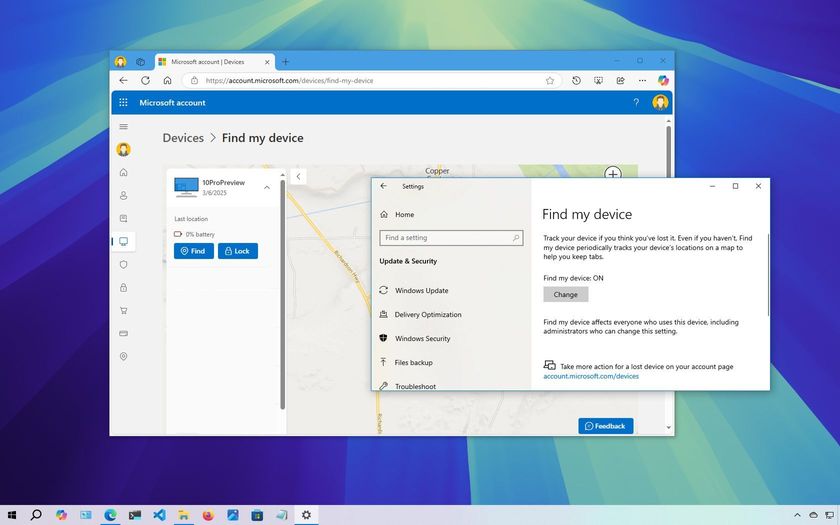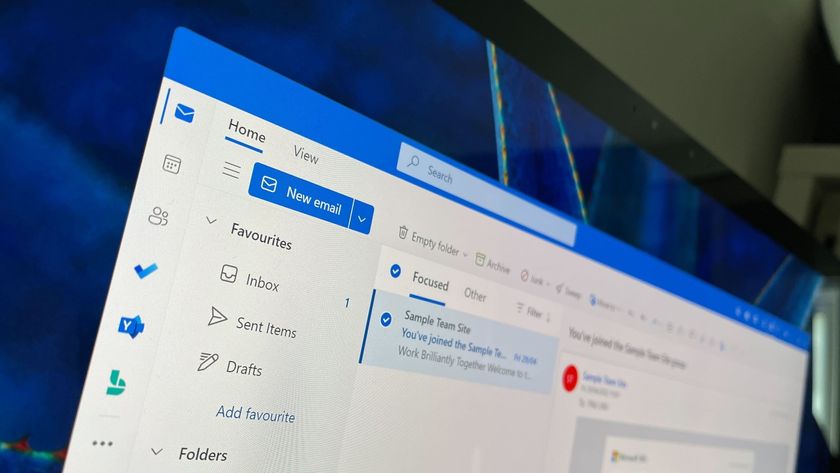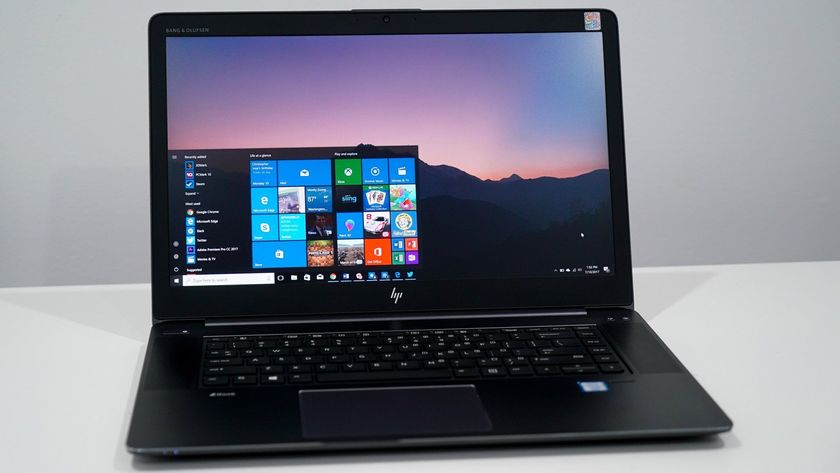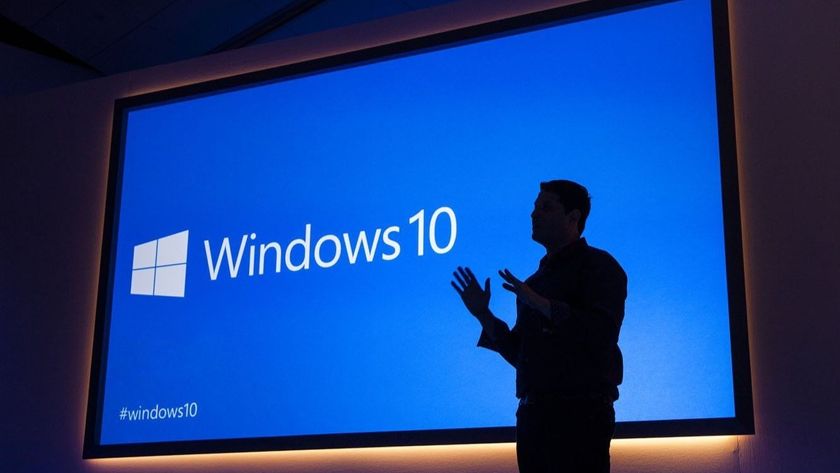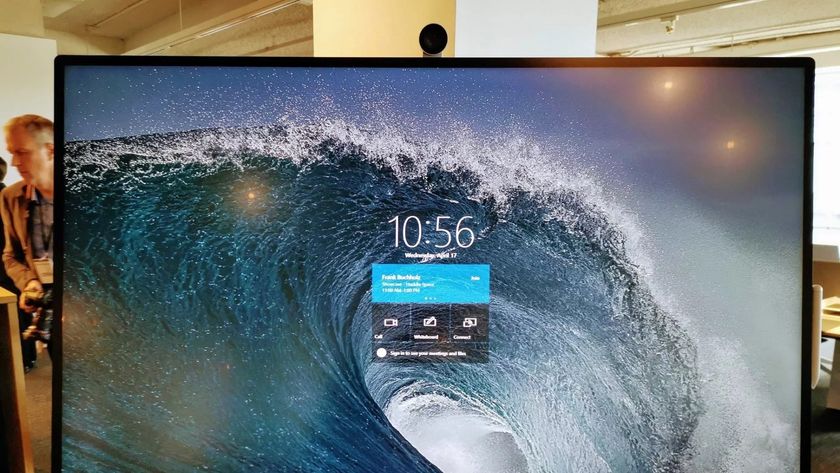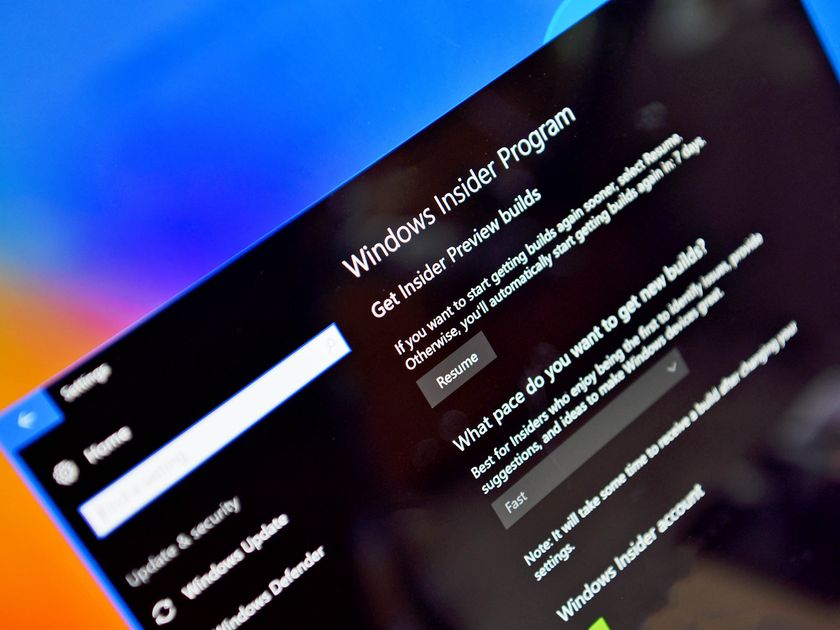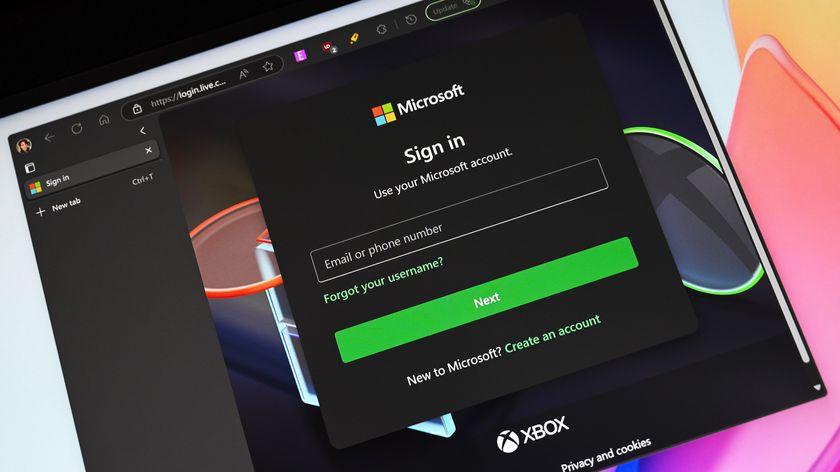How Microsoft's big bet on 5G may be bad for your health
Microsoft is betting big on the 5G promise to transform computing as we know it despite a growing outcry that it poses serious health and environmental dangers.
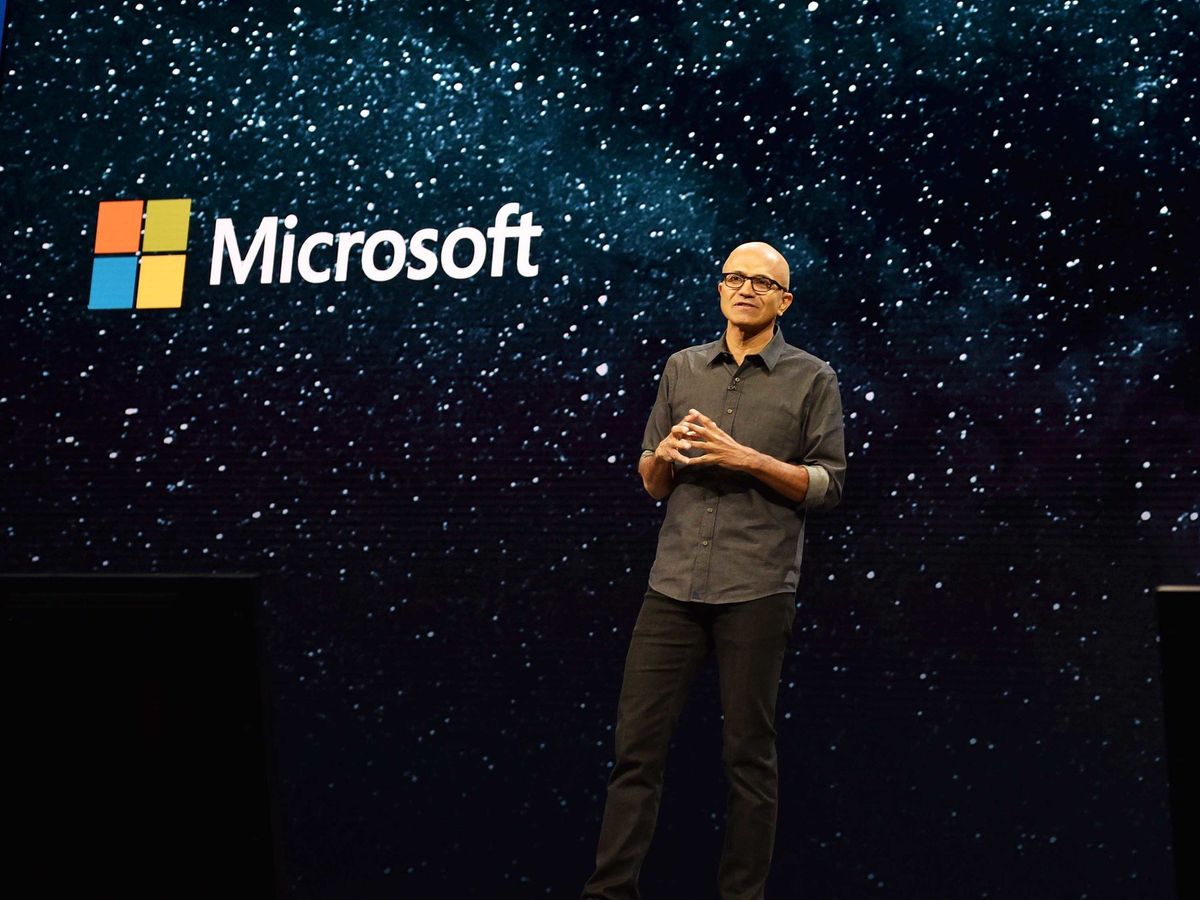
5G, the next evolution of mobile networks, promises to transform the way we experience technology. 1G brought voice to a mobile platform. 2G introduced text. 3G delivered higher speeds and enabled music and video streaming. 4G or LTE brought up to 10-times higher speeds than 3G. 5G has been described as an evolution of mobile computing due to the many new computing scenarios it is expected to enable such as connected cars, advanced A.I., remote healthcare, advanced augmented (AR) and virtual reality (VR) and much more.
5G networks will have low latency (very responsive with no delay). They will be exponentially faster than current networks and more robust (able to handle more data). And they will be capable of connecting far more devices. Devices will not only connect and communicate with the network, but 5G's robust low latency qualities will allow devices to connect, communicate and "make decisions" between one another (i.e., smart cars) in real time. These capabilities are foundational to Microsoft's "Azure as the world's computer vision, " its intelligent edge and IoT infrastructure and its always connected PC, Artificial Intelligence (A.I.), Mixed Reality and xCloud game streaming strategies.
Still, with all the good 5G promises, there is a cost. Many are claiming that the particular radio frequencies that make 5G great and the thousands of small cell towers required to build out 5G infrastructure pose serious health risks to humans, animals, and the environment. And this outcry isn't coming from technophobes, conspiracy theorists or people on the fringe. Warnings against 5G are erupting from the international scientific community, a reputable source comprised of hundreds of scientists from around the world.
Hundreds of scientists are crying out
In September of 2017, 180 scientists and doctors from around the globe collaborated to begin a petition to stop 5G's deployment due to health risks the technology poses.
5G technology uses a portion of the radio spectrum called millimeter waves. These are very high-frequency waves that give 5G the speed and data capacities that promise to transform the industry. Unlike current and previous spectrum used, however, millimeter waves lose their integrity over long distances, and they don't pass through solid objects very well. Buildings, trees, and even a falling leaf can interfere with millimeter waves. That's a recipe for lousy user experiences.
To compensate for millimeters waves short range and their susceptibility to interference thousands of "small towers" need to be, and are being, implemented throughout municipalities, towns, and neighborhoods. These small towers, which are affixed to lamp posts, traffic lights buildings and more, allow for the near "line of sight" directing of 5G millimeter waves toward users and devices. It is the inundation of these small towers, that will be required approximately every 10-12 houses, and will bath neighborhoods and cities in 5G millimeter waves that concern scientists and citizens. Following are some of the risks they've outlined:
- Increased cancer risk.
- Cellular stress.
- Increase in harmful free radicals.
- Genetic damage.
- Structural and functional changes of the reproductive system.
- Learning and memory deficits.
- Neurological disorders.
- Negative impacts on general well-being in humans.
- Harmful effects to both plant and animal life.
More voices are chiming in
In addition to the 180 scientists in 35 countries who support the aforementioned petition, 230 scientists in 41 countries submitted an appeal based on peer-reviewed published research regarding the harmful effects of non-ionizing electromagnetic field exposure or 5G radio frequencies. Following are some of their recommendations:
Get the Windows Central Newsletter
All the latest news, reviews, and guides for Windows and Xbox diehards.
- Children and pregnant women to be protected.
- Guidelines and regulatory standards are strengthened.
- Manufacturers develop safer technology.
- The public is fully informed about the potential health risks.
- Medical professionals are educated about the biological effects of electromagnetic energy.
- Governments fund training and research on electromagnetic fields and health.
- Media disclose experts' financial relationships with industry when citing their opinions.
- White-zones (radiation-free areas) established.
Given the evidence of health and environmental harm and recommendations from respected sources, why does it seem Microsoft, Qualcomm, carriers, and others are moving forward with 5G plans undeterred?
5G means money, money and more money
The United States is in a race against countries including China, to lead the 5G revolution and the multibillion-dollar economies it will enable. Former FCC chairman Tom Wheeler in the above video stresses the billions of dollars 5G will bring the industry, states "we will not wait for standards" and demands that "people stay out of the way of technological advancement."
Microsoft's cloud, which already serves hundreds of businesses and municipalities would get a boost as 5G would increase the capabilities of its intelligent edge, IoT and connected car platforms. It's xCloud game streaming service, with 5Gs low latency and capacity would also benefit. 5G will also enable more personal A.I. particularly as a part of Microsoft's IoT vision where intelligent "computers" would be part of our environment.
Microsoft, Qualcomm, carriers, and governments stand to reap a significant financial windfall with 5Gs implementation. That's why concerns about public and environmental health are not at the forefront of this narrative. The FCC has even made it easier for state governments to steamroll over the will over local governments regarding carriers implementing 5G small cell towers in their towns.
(Un)welcome to the neighborhood
In the above video, a parade of concerned citizens is seen making their case against a state government's plans to implement 5G. These are everyday people from all walks of life. People like you and me.
Anecdotally, I recently received a survey from my carrier asking me if I wanted faster connections, better connections for emergency workers and more. The survey never mentioned 5G but I know my carrier was fishing for "data-driven" support for its 5G agenda.
As for us tech enthusiasts, the story of 5G is usually the one that tells us how fast our next device will be. Or how powerful 5G will make A.I. Or how it will help facilitate amazing real-time AR and VR experiences.
We don't often hear of the practical impacts 5G may have on our health, the health of our families, children, and the environment. But as it is often said, there are two sides to every story. And this is only the beginning.
Jason L Ward is a columnist at Windows Central. He provides unique big picture analysis of the complex world of Microsoft. Jason takes the small clues and gives you an insightful big picture perspective through storytelling that you won't find *anywhere* else. Seriously, this dude thinks outside the box. Follow him on Twitter at @JLTechWord. He's doing the "write" thing!
